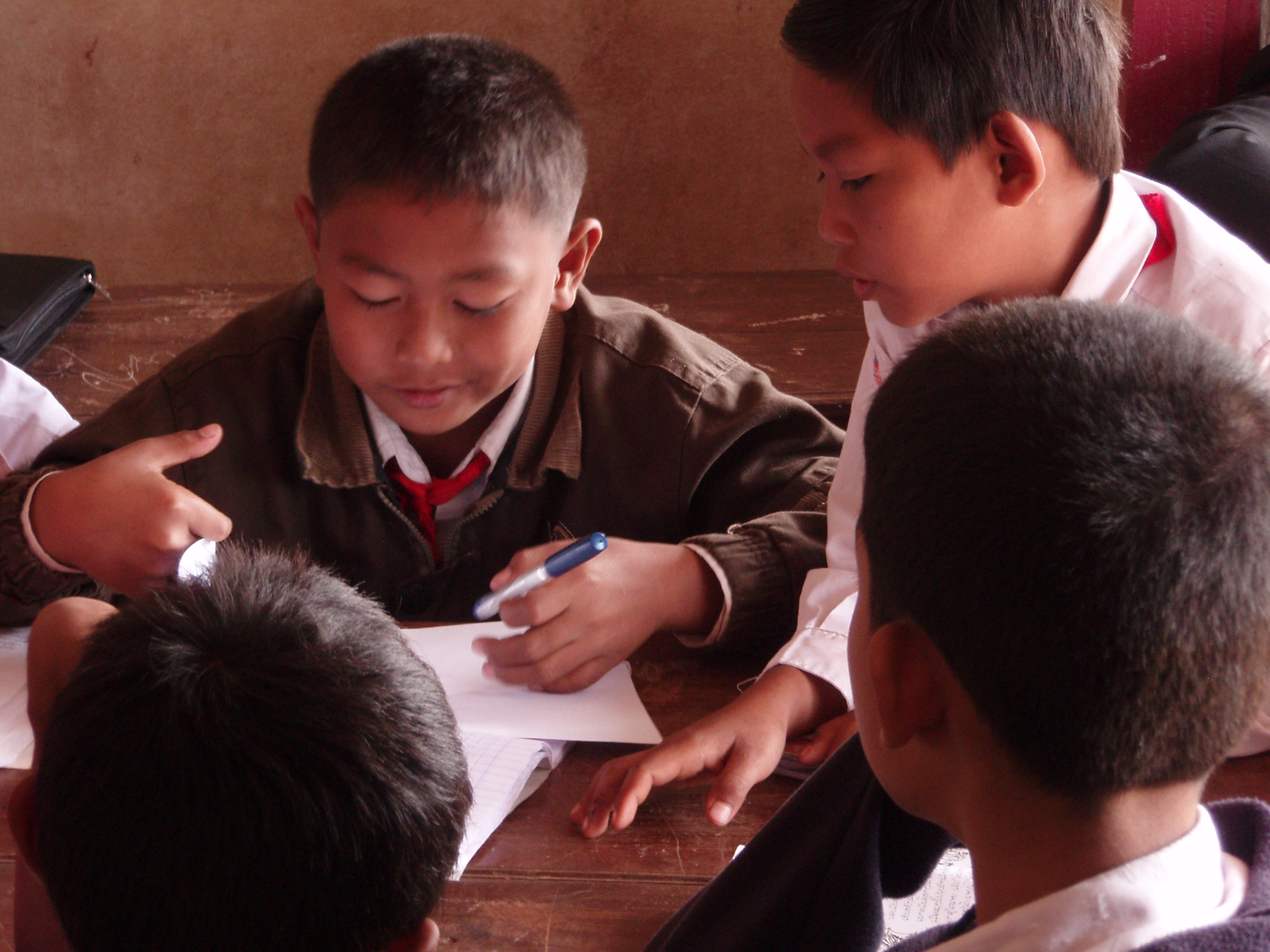Parenting ADHD adolescents
- Understanding ADHD
- Managing ADHD Behavior
- Lifestyle and ADHD: Solutions and Strategies
- Building a Positive Environment Around Your ADHD Child
Building a Positive Environment Around Your ADHD Child
Fostering Humor and Positivity in Children with ADHD

Neurodevelopmental disorder.
Humor and positivity play a crucial role in managing ADHD in children. They not only help in creating a supportive environment but also contribute to the overall well-being of the child. This unit will delve into the importance of fostering humor and positivity, techniques to encourage a positive outlook, and the impact of a positive environment on a child's behavior and self-esteem.
The Role of Humor and Positivity in Managing ADHD
Children with ADHD often struggle with feelings of inadequacy and frustration due to their difficulties in managing their symptoms. Humor and positivity can act as powerful tools to help them cope with these challenges. Humor can diffuse tension and frustration, while a positive outlook can help children see their strengths and potential, rather than focusing on their difficulties.
Techniques to Encourage a Positive Outlook
-
Positive Reinforcement: Praise your child when they show good behavior or make an effort to manage their symptoms. This will boost their self-esteem and motivate them to continue their efforts.
-
Humor Therapy: Incorporate humor into your daily interactions with your child. This could be through jokes, funny stories, or playful activities. Humor can help lighten the mood and make challenging tasks more enjoyable.
-
Positive Affirmations: Teach your child to use positive affirmations. These are positive statements that can help them focus on their strengths and abilities, rather than their difficulties.
-
Mindfulness and Gratitude Practices: Encourage your child to practice mindfulness and gratitude. This can help them stay present and appreciate the positive aspects of their life.
The Impact of a Positive Environment on a Child's Behavior and Self-Esteem
A positive environment can have a significant impact on a child's behavior and self-esteem. It can help them feel loved, accepted, and capable, which can, in turn, improve their behavior and ability to manage their symptoms. Moreover, a positive environment can foster resilience, helping children with ADHD to bounce back from challenges and setbacks.
In conclusion, fostering humor and positivity in children with ADHD is not just about making them feel good. It's about equipping them with the tools they need to manage their symptoms, build resilience, and lead fulfilling lives. By incorporating these strategies into your daily interactions with your child, you can create a supportive and positive environment that encourages their unique strengths and potential.